Spending nearly every day in the kitchen plus teaching cooking classes has definitely opened my eyes to useful tricks that have proven to be vital. I can’t believe how much food I wasted food before and panicked in the kitchen!
So let me share some tips with you – once you try them, you will really feel the difference. And I suggest you also spread the word – there’s nothing better than spreading some kitchen love!

Stubborn Stains and Stick On’s
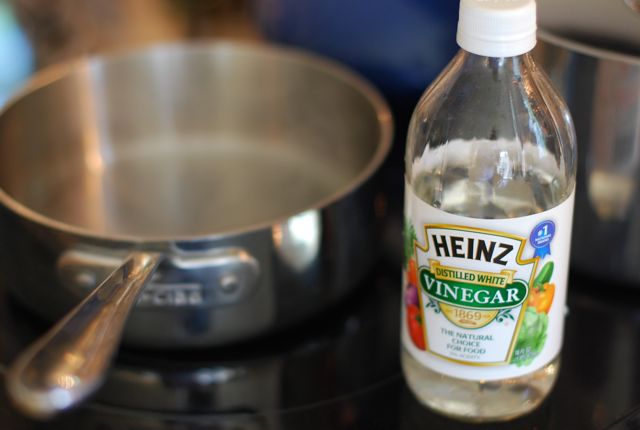
So you decide to bake an amazing lasagna or marinated chicken, even going all the way to make your own chocolate icing from scratch (which, by the way, is very easy), then when it’s time to do the dishes – well, it’s just downright annoying.
Boil a bit of water, pour it in that pot/pan/bowl with a few drops of dish soap and vinegar and leave it for a few hours, even overnight if you have to. It’ll be as if the meal never happened, all good as new.
Over Salty

Etiquette dictates that you don’t season your food unless you taste it first, otherwise it’s considered discourteous and we don’t want that at dinner or when you’re presenting food to guests, right? Well etiquette or not, this is a very common mistake in the kitchen and we all do it without noticing.
If your dish is too salty, just drop a potato in and it will absorb all the salt, or add a few teaspoons of sugar to balance it out – don’t worry, it won’t taste sweet. You can also add a tablespoon of cooking cream, this should balance your dish as well. Be sure to taste after!
Condiments Gone Bad Too Soon?
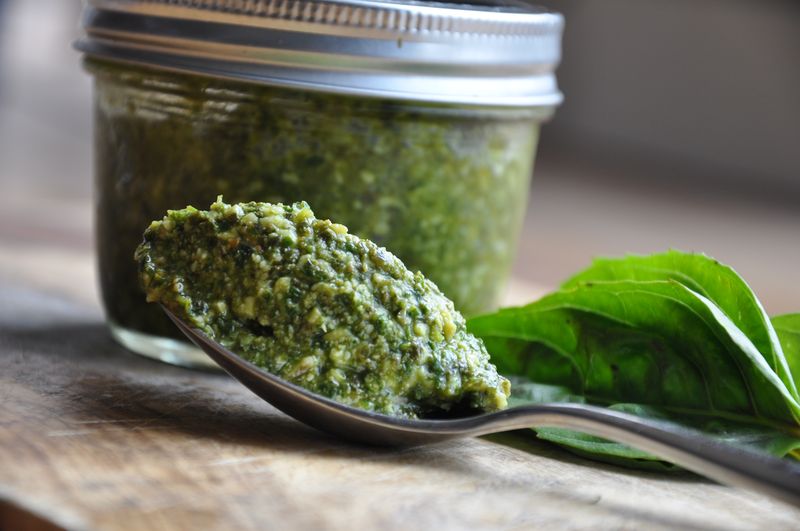
Wondering why your new store-bought tomato paste or freshly homemade pesto is starting to look a bit white on top? Well, it’s easy – any exposure to oxygen activates bacteria and fungus, which – even if your jar is closed in the fridge – will keep growing and ruin your sauce in no time.
So always pour a bit of vegetable or olive oil on top of your jarred sauce after use, this creates a protective coat which minimizes the fungus and keeps it fresh.
Garlic-y Hands
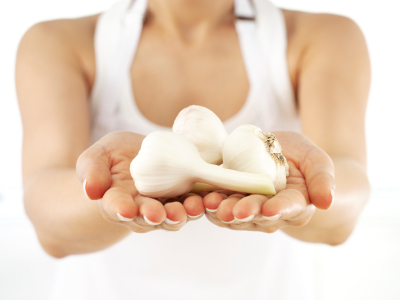
Yes, this is one of the most annoying things you can encounter in the kitchen, especially since the scent sticks to your fingernails and stays for hours. But let’s face it, garlic does take a meal to a whole different level, so don’t let the smell stop you from using it!
This is actually one of the best kept secrets I was let in to at the Cordon Bleu in London this winter: Simply lather your hands with soap, rub them against your stainless steel sink or counter-top, with nails and all, then rinse. You’ll be surprised!
Super Supply of Herbs

It happens that you don’t necessarily use all the fresh herbs you buy for that recipe you’re making, then you end up throwing away the rest.
Well, this is a foolproof way for keeping your herbs fresh: Pour olive oil into an ice cube tray, then stick whichever herbs you have in and into the freezer. This keeps them always fresh, and it doesn’t take much time to defrost them later to use.
Stale Veggies
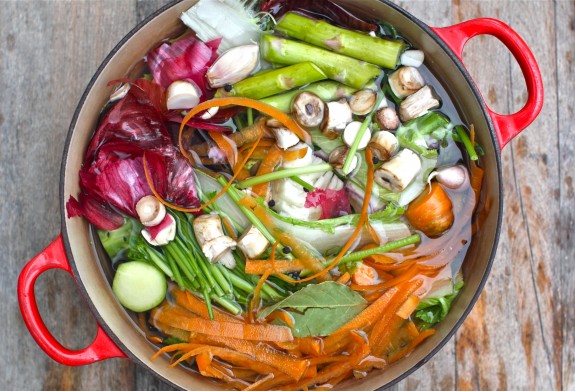
Make your own homemade vegetable stock when you have leftover or stale vegetables in the fridge that have not been used. Simply put all those vegetables in a big pot with some salt, pepper, bay leaves and cardamom and simmer for 2-3 hours. Strain it all and place the stock in freezable bags or ice cube trays to be used later in different dishes – risotto, for example.
Also, if you have tomatoes lying around, make fresh tomato sauce before they go bad – this Jamie Oliver recipe is my favorite.
Boiling
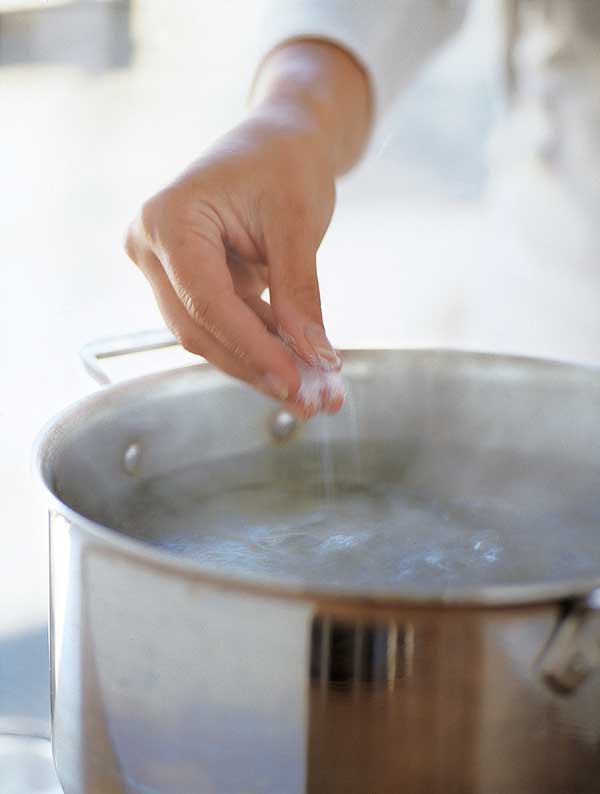
When it comes to boiling, poaching or blanching, boiled water is the common factor, but the method differs slightly according to what you’re boiling.
If you’re making pasta, always put a few drops of oil and a pinch of salt in – this helps the water boil faster and prevents the pasta from sticking together.
If you’re boiling chicken, white foam (in cuisine lingo called “scum”) will rise to the top. Always remove that with a ladle and discard til it’s finished.
When boiling potatoes, always place them in a cold pot of salted water, then boil (and not the other way) so that they don’t go mushy.
To keep veggies green and crunchy, bring some salted water to a boil, place the veggies in for 5-15 minutes depending on the type of vegetable, then place in a bowl of ice water.
Peeling Peppers
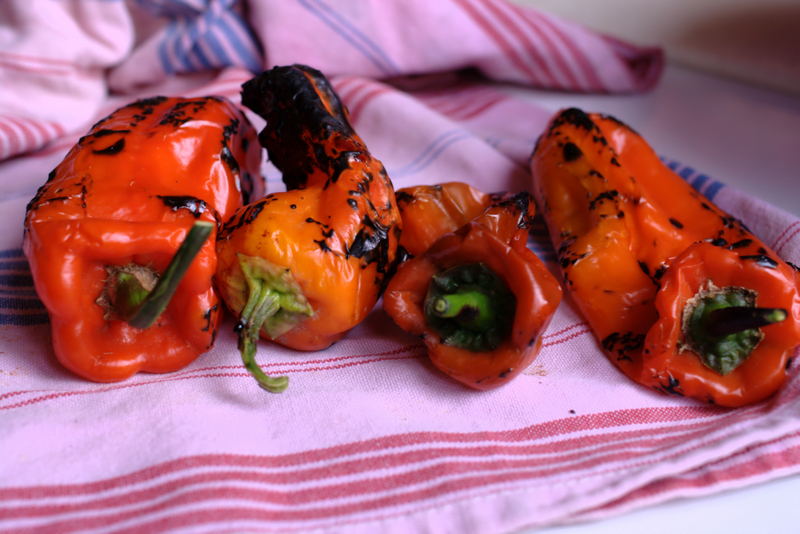
Feeling lazy about roasting peppers for a dip or a salad? Well it’s not that hard actually, and this tip will make you un-lazy about it!
Roast the peppers on a baking rack in the oven for about 45 minutes or until the skins are half black, then place the peppers in a plastic bag for 10 minutes. The vapor released makes the skins come off easier. Peel off and voila!
Fruits and Veggies – Don’t MIX!
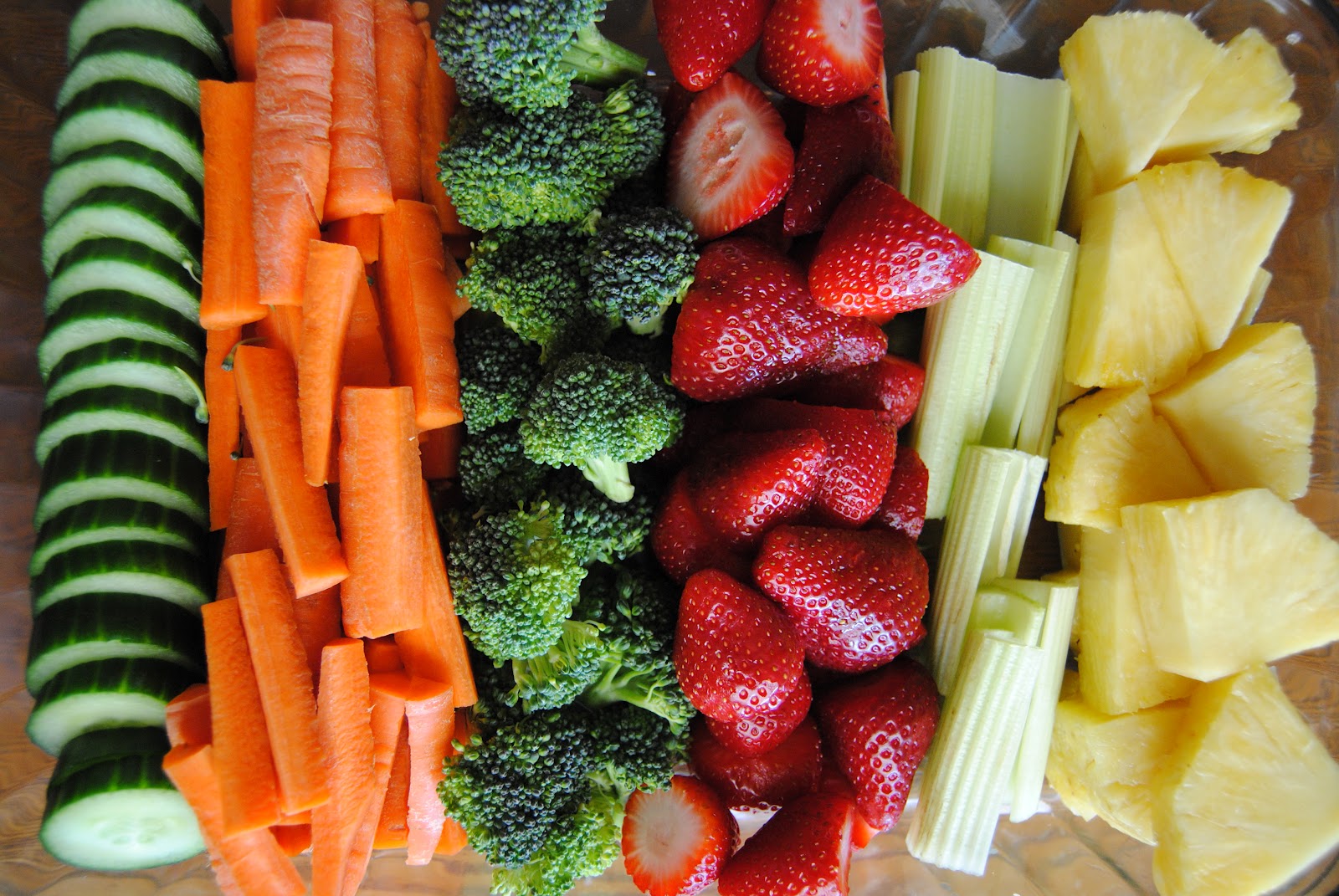
As funny as that sounds, it’s true. If you store vegetables and fruits together, they will turn bad. This is because ethylene (the ripening agent) will force them all to ripe faster than they should, causing them to rot.
Preserves, Preserves, Preserves
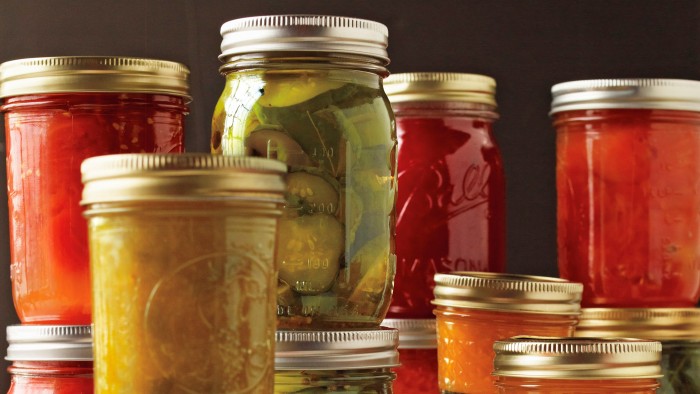
Another way to be smart about keeping the fruits and vegetables in your fridge from going bad is to either pickle them or cook them into a jam/chutney.
For pickling, there are so many recipes, but the simplest one is to fill a jar with water, some dill, a few teaspoons of sugar and vinegar and you’re good to go.
For jam, for every kilo of fruit you add one cup of sugar, one lemon and just simmer. All the excess water from the fruits will be reduced over heat.
WE SAID THIS: Share your tips with us!


